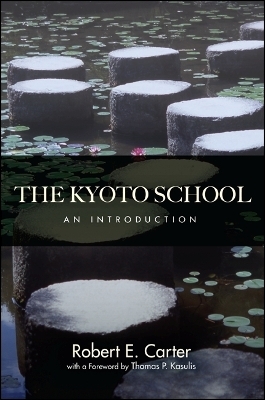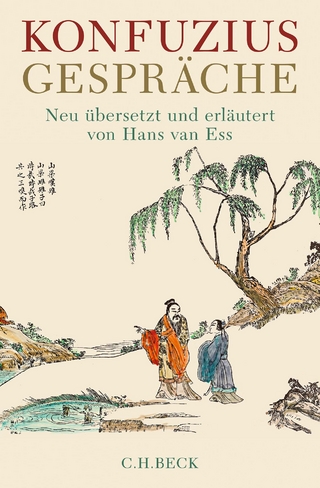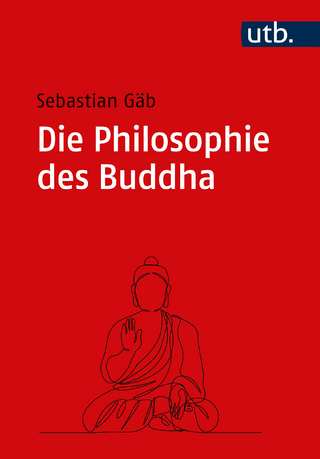
The Kyoto School
State University of New York Press (Verlag)
978-1-4384-4541-0 (ISBN)
This book provides a much-needed introduction to the Kyoto School of Japanese philosophy. Robert E. Carter focuses on four influential Japanese philosophers: the three most important members of the Kyoto School (Nishida Kitarō, Tanabe Hajime, and Nishitani Keiji), and a fourth (Watsuji Tetsurō), who was, at most, an associate member of the school. Each of these thinkers wrestled systematically with the Eastern idea of "nothingness," albeit from very different perspectives.
Many Western scholars, students, and serious general readers are intrigued by this school of thought, which reflects Japan's engagement with the West. A number of works by various thinkers associated with the Kyoto School are now available in English, but these works are often difficult to grasp for those not already well-versed in the philosophical and historical context. Carter's book provides an accessible yet substantive introduction to the school and offers an East-West dialogue that enriches our understanding of Japanese thought while also shedding light on our own assumptions, habits of thought, and prejudices.
Robert E. Carter is Professor Emeritus of Philosophy at Trent University in Canada. His many books include The Japanese Arts and Self-Cultivation and Encounter with Enlightenment: A Study of Japanese Ethics, both also published by SUNY Press.
Foreword by Thomas P. Kasulis
A Note to the Reader
Acknowledgments
Introduction
A Different Kind of Philosophy
The Buddhist Background
The Kyoto School
1. Nishida Kitarō (1870–1945)
Background
The Early Years: Education
Pure Experience
A Unifying Power
The Place of Doubt
Becoming the Thing Itself
Absolute Nothingness
On Becoming Enlightened
Self and World
Ethics and Evil
Ethics
Nishida and Mysticism
2. Tanabe Hajime (1885–1962)
Life and Work
Metanoetics
Mediation
Mediation and Absolute Mediation
The Logic of the Specific
The Centrality of Ethics
Critique of Reason
The Ethics of Metanoetics
Society Transformed
3. Nishitani Keiji (1900–1990)
Life and Career
Nietzche and Nihilism
The Ten Ox-herding Pictures
The Meaning of “Nothingness”
A Way Out
Enlightenment
Relative and Absolute Nothingness
The Self
Selfless Ethics
4. Watsuji Tetsurō (1889–1960)
Life and Career
Climate and Culture
Ethics as the Study of Man
Double Negation
The Importance of Relationships
The Confucian Background
In the Betweeness
Kokoro and Aidagara
Watsuji and Nothingness
Back to the Everyday World
The Importance of the Body
Conclusion
5. Conclusion
Nishida and Tanabe
Tanabe’s Critique of Nishida
On Original Goodness
Nishitani
Watsuji
Glossary
Notes
Selected Bibliography
Index
| Erscheint lt. Verlag | 21.1.2013 |
|---|---|
| Vorwort | Thomas P. Kasulis |
| Zusatzinfo | Total Illustrations: 10 |
| Verlagsort | Albany, NY |
| Sprache | englisch |
| Maße | 140 x 216 mm |
| Gewicht | 426 g |
| Themenwelt | Geisteswissenschaften ► Philosophie ► Östliche Philosophie |
| Geisteswissenschaften ► Religion / Theologie ► Buddhismus | |
| ISBN-10 | 1-4384-4541-5 / 1438445415 |
| ISBN-13 | 978-1-4384-4541-0 / 9781438445410 |
| Zustand | Neuware |
| Haben Sie eine Frage zum Produkt? |
aus dem Bereich


